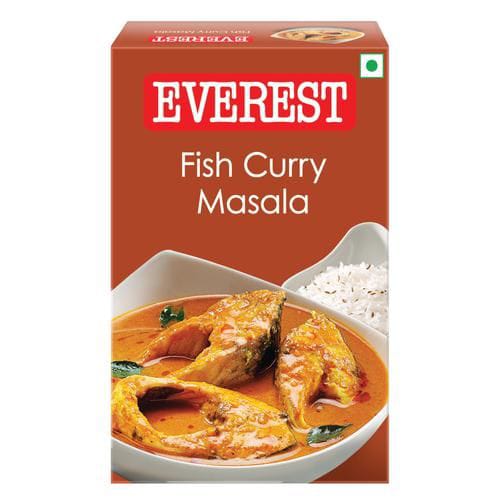Everest Masala, a famous spice company from India, has recently found itself in a controversy. Singapore has issued a stop-selling order on Everest’s fish curry masala, saying it is unhealthy for human consumption. The amount of ethylene oxide exceeded the limit, so this action was taken.

The Singapore Food Agency (SFA) emphasized that ethylene oxide, classified as a pesticide unauthorized for food use, is employed in spice disinfection. “Following excessive ethylene oxide levels, the Center for Food Safety in Hong Kong has issued a stop-selling notice for Everest Fish Curry Masala originating from India,” stated the SFA.
Everest company executives stress the importance of their brand’s distinguished 50-year legacy, highlighting rigorous factory testing for all products before distribution. They reiterate their steadfast dedication to maintaining the utmost standards of hygiene and food safety, adhering strictly to regulations set by esteemed authorities like the Spices Board of India, FSSAI, and other pertinent regulatory bodies.
“In addition, every shipment is tested by the Spices Board of India before export. However, we are currently awaiting official communication to comprehend the issue, and our quality control team will thoroughly investigate the matter.’ Ethylene oxide serves as a pesticide in the fumigation of agricultural produce to mitigate microbial contamination. Nonetheless, its application in food products is strictly forbidden.”
The food agency has reassured that consuming food with low levels of ethylene oxide poses no immediate risk. However, they caution against potential health issues from prolonged exposure to such chemicals. The agency recommends refraining from consuming the implicated products and advises those who have already consumed them and are worried about their health to seek medical guidance. For further inquiries, consumers can reach out to their point of purchase.
Everest Masala’s response reflects their commitment to quality and adherence to regulations. The stop-selling underscores the importance of stringent food safety measures and highlights the need for continued vigilance in ensuring consumer health and well-being.











